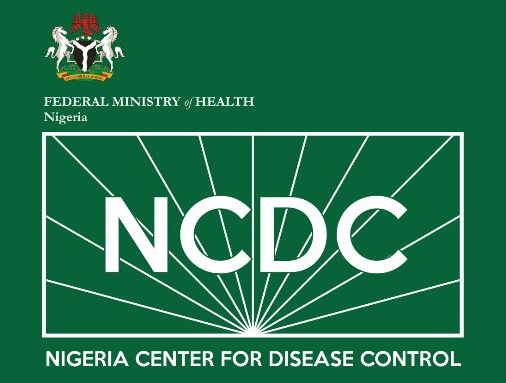In an exclusive interview, Dr Ifedayo Adetifa, the Director General of Nigeria’s NCDC, addresses the recent anthrax case discovered on a farm in Niger State. He cautions the public against consuming animal hides (ponmo), bush meat, and dead animals “you did not kill,” as they may carry the anthrax bacteria.
According to Dr Adetifa, the anthrax case in Niger State is considered an outbreak, and the NCDC, along with the Federal Ministry of Agriculture and Rural Development, is taking a one-health approach to address the situation. Measures have been taken to safely dispose of infected animals and their products, as well as recall processed products from the facility.
Given the possibility of infected animals entering Nigeria through cross-border movements, the NCDC is urging animal owners to report any sick or dead animals to veterinary services immediately. While the disease can have devastating economic consequences for herders and livestock keepers, Dr Adetifa emphasizes that timely reporting and intervention can prevent further spread.
Regarding the origin of anthrax, Dr Adetifa explains that the bacteria exists naturally in the environment and can survive for long periods. Anthrax is typically triggered when animals ingest or inhale the spores, making it essential to detect and respond promptly to cases.
The NCDC is working with state public health authorities to track contacts of the infected animals and provide preventive treatment if required. Additionally, the agency is raising awareness among healthcare workers to identify potential human cases of anthrax.
Dr Adetifa stresses that anthrax is not seasonal, and the response to the current outbreak will determine its course. The NCDC is coordinating with state ministries of agriculture and rural development to sensitize the public and meat workers about the risks and precautions.
As for nationwide livestock vaccination against anthrax, Dr Adetifa clarifies that this falls under the purview of the Federal Ministry of Agriculture and Rural Development. He encourages animal owners to work with local public health vets to arrange routine immunization for their livestock. While vaccines are available and used for ring vaccination around suspected or confirmed cases, a mass vaccination campaign would depend on the outbreak’s scope.
In conclusion, Dr Adetifa urges vigilance and cooperation from the public to prevent the further spread of anthrax and protect both animal and human health.



